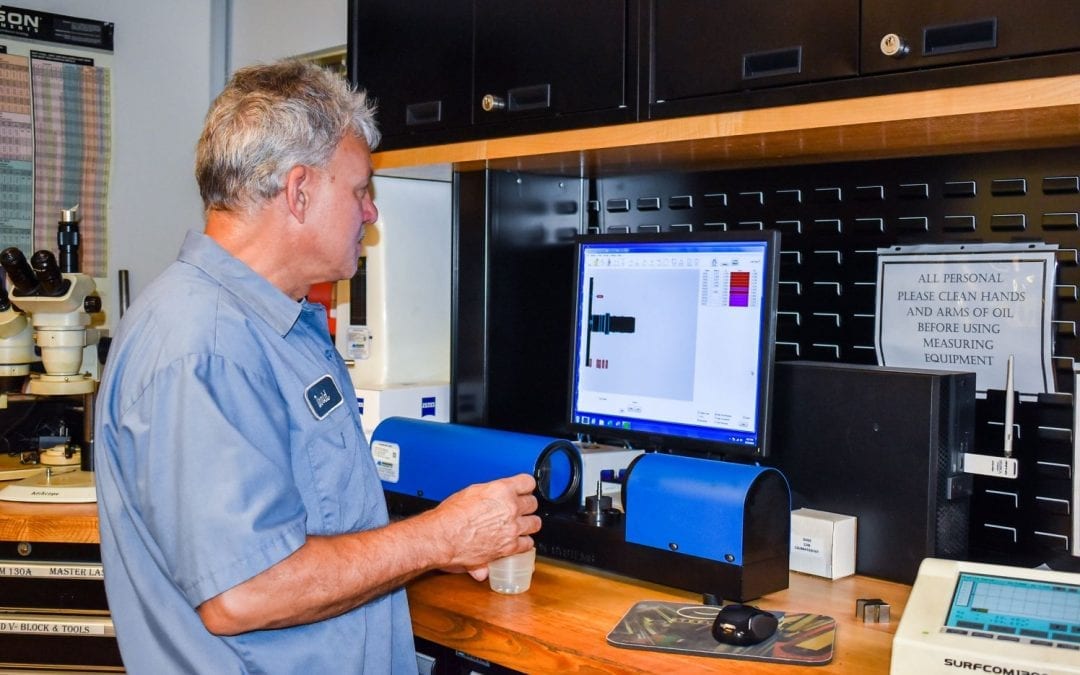CNC machining tolerances are important in a number of industries, including the computer and aerospace industries. When designing parts, design engineers must decide on tolerances that balance function, fit, and cost. Tight tolerances will increase the risk of scrapping parts, and will also require special fixtures and measuring tools. Ultimately, machining tolerances are vital to the success of a project. Here are a few things to keep in mind when selecting machining tolerances.
Various Types of Tolerances
Unilateral tolerances are a common example of CNC machining tolerances. The machining tolerances of individual parts will vary depending on the material and process used for manufacturing. For example, a tolerance of +/ 0.005″ means that the final diameter of a part should not be smaller than 0.05mm, but not smaller than 1.0mm. Tolerances may also vary by material type, heat stability, hardness, rigidity, and abrasiveness. These characteristics and many others will play a role in determining CNC machining tolerances.
Another type of tolerances is the coaxiality and symmetry tolerance. These tolerances refer to the range of dimensions. Parts that are produced outside of the tolerance are not considered usable. Even a part that has a close tolerance outside of the range is considered defective. The difference between upper and lower tolerances is known as the tolerance band or tolerance range. The tighter the band, the larger the gap between the upper and lower limits. A bilateral tolerance allows variations above and below the basic size. It is a good rule of thumb to use bilateral tolerances whenever possible.
Another important aspect of CNC machining tolerances is the method of machining. Some processes have higher tolerance limits, while others are less. Tolerances can also be determined by using standard dimensions. For example, if a part is to be made of metal, it should be able to withstand a maximum of 0.025mm, and should not have more than a +/-0.02mm in thickness. Tolerances are important in manufacturing, but a design must take the system of parts into account when determining them.
Quality Manufacturing Processes
In CNC machining, tolerances are important for accuracy. In general, smaller tolerance values have lower accuracy requirements, while tighter tolerances require more precision. A CNC machining service provider should be able to determine the tolerances needed for a specific part. Tolerances are a crucial aspect of part quality and functionality. The tolerances machine shops set will ensure your parts function correctly. Geometric dimensioning is an important factor in the design process for a machined part. The machining process should also be considered in part design of metal parts.
CNC machining tolerances can make or break a project. In order to find out if CNC machining is a viable option, a cross-functional team should evaluate the manufacturing methods involved. This team should evaluate the feasibility of manufacturing the part and should utilize their expertise to determine which CNC machining method will deliver the part with the tolerances that you require. CNC machining tolerances should be closely monitored. This is because a machine’s ability to measure a part’s tolerances is directly related to its complexity. When the CNC machining tolerances are tight, the CNC machines can’t produce a finished product with the accuracy and precision you need. In fact, this means that the accuracy of a CNC machine will depend on the tools and equipment used for measuring them.
Tolerances can be extremely important when it comes to the quality of a finished product. These are important to maintain functionality, control costs, and ensure interchangeability. For instance, a CNC turning tolerance of 0.002 inch per inch of finished diameter is acceptable, which means a seven eighth-inch part can be turned with a tolerance of 0.05″ — less than the thickness of a human hair. The design criteria takes into consideration material selection, part size, and specific tolerance to produce the highest quality machined part.
Obviously, tighter tolerances will add to the cost of CNC machining. Higher tolerances will require higher quality CNC machining tools, high-precision machining machines, and potentially a longer lead time. Tight tolerance parts will also require more specialized operations. And they can be very expensive. The cost of high-precision CNC machining tolerances is directly related to the cost of producing these parts. A high-precision tolerance will also mean higher costs, including the cost of the quality inspection and the tools and equipment used for machining.
Tolerances in CNC machining can also vary depending on the hardness of the metal and type of material used. For instance, hardened steels are harder to mill than plastic parts. On the other hand, softer materials, such as HDPE, have lower durometers, which makes them easier to flex during machining. Consequently, high-precision tolerances may require special tooling to ensure the high degree of precision for machining a part. Avanti Engineering is a CNC machine shop specializing in CNC milling and machining of tight-tolerance parts. With years of experience, their CNC machinists product high quality products for a variety of industries. Contact Avanti Engineering today for tight tolerance CNC machining services!
